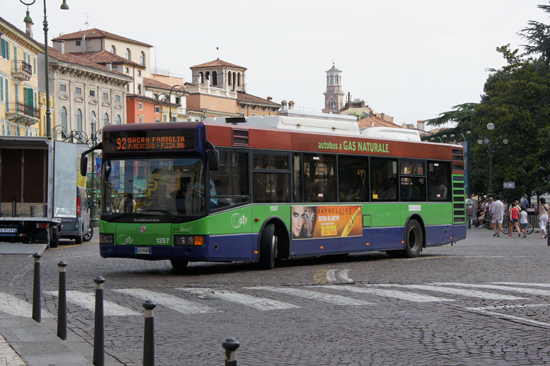Country Snapshot: Business Overview
Italy’s open and diversified industrial economy is driven largely by the manufacture of high-quality consumer goods powered by small and medium-sized family-owned businesses. The country’s GDP ranks 51st in the world, and the nation has the eighth largest market economy on the globe.
Italy’s economic strength lies in the businesses located in the developed Northern part of the country. The Southern region, by contrast, lacks industrialization and contends with high unemployment. The nation emerged from recession midway through the global crisis, but the lack of structural reforms left the economy weak. The government struggles with extremely high public debt and deficit spending. Problems persist as a result of illegal immigration, organized crime, and the long-standing imbalance between the North and South.
Major Industries
Italy’s service sector represents the largest slice of the country’s GDP. The most important services include communications, transportation, retail, banking, insurance, and tourism. Manufacturing makes up the second-largest component of the country’s economy. Italy produces machinery, metals, such as iron and steel, textiles and apparel, motor vehicles, processed food, footwear, and ceramics. Agriculture represents the smallest sector of Italy’s economy. The country’s agricultural products include fruit such as grapes and olives, vegetables such as potatoes and sugar beets, soybeans, grains, beef, dairy products, and fish.
Trade Overview
Germany buys 13 percent of the country's exports, making it the top purchaser of Italian products. France, Spain, the US, the UK, and Switzerland also buy large quantities of Italian goods. Italy’s major export commodities include engineering products, manufacturing equipment, textiles and clothing, transportation machinery, motor vehicles, food, beverages, tobacco, minerals and chemicals, and nonferrous metals.
Italy purchases 15 percent of its imports from Germany, making it the top exporter to Italy. France, China, Russia, the Netherlands, Spain, and Belgium also supply significant amounts of imports to the country. Italy’s major imported commodities consist of engineering products, transportation equipment, chemicals, fuels, minerals, nonferrous metals, textiles and apparel, food, beverages, and tobacco.
Foreign Investment
Although the amount of foreign investment in Italy remains low relative to other European Union (EU) countries, it still plays an important role in Italy’s economy. Italy’s EU neighbors serve as its largest foreign investors. The Netherlands has the largest stake, followed by France, the UK, Switzerland, and Luxembourg.
The service sector absorbs the highest amount of foreign investment, specifically rental companies, travel agencies, and business support firms. Manufacturing also represents an attractive opportunity for foreign investors in the fields of pharmaceuticals, chemicals, refined petroleum products, and motor vehicles.
Transparency (Rule of Law)
Transparency International ranks Italy 69th out of 177 countries in its Corruption Perceptions Index, with the nation scoring lowest, alongside Greece, among the euro-area countries. Organized crime, corruption, and graft impede economic growth and investment, particularly in the southern region. Italians perceive corruption to be dominant in the investment-related sectors.
Regulatory Environment (Ease of Doing Business)
The World Bank ranked Italy as the 65th easiest country in the world in which to conduct business. Italy did not score higher than 30th place in any category. It obtained its highest marks for resolving insolvency, cross border trade, protecting investors, and starting a business. Italy scored the lowest in the categories of getting electricity, paying taxes, and enforcing contracts.
Article written for World Trade Press by Rachel Levy Sarfin.
Copyright © 1993—2024 World Trade Press. All rights reserved.

 Italy
Italy 


